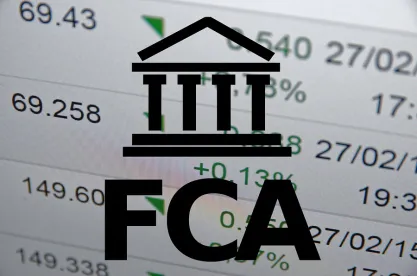On September 17, the UK’s Financial Conduct Authority (FCA) published a new webpage for firms advising on the London Inter-bank Offered Rate (LIBOR) transition.
The key considerations set forth by the FCA include:
-
analyzing balance sheet exposure and how affected firms can take appropriate action to move their stock of LIBOR linked contracts to alternative risk-free rates;
-
implementing the necessary arrangements to identify their firms’ exposure to LIBOR and to ensure their firms’ transition does not harm their clients;
-
conducting an end-to-end inventory of LIBOR exposure assessing the full range of processes and systems (e.g., all contracts, pricing, valuation, risk management and booking). Where third-party vendors provide critical systems, firms should get assurance for necessary software upgrades to be used for alternative rates;
-
identifying whether the LIBOR transition will affect the finances and product choices available to clients or require a contract amendment or renegotiation. As always, firms should treat their clients fairly and take care to communicate with them in a clear and timely manner; and
-
advising firms to familiarize themselves with the LIBOR transition path and accompanying statement outlined by the Working Group on Sterling Risk Free Reference Rates (RFRWG). Firms should consider how best to adopt the RFRWG targets, which were published in January and updated in April.
The FCA provides further information on the webpage relevant to specific firms based on the activities they undertake (e.g., asset management, benchmark administration, corporate finance (and similar) advice, custody services provision, principal trading and wholesale brokerage).
The FCA will continue to update the webpage periodically ahead of the end of 2021 and advise firms to check often to see what the LIBOR transition means for them.
The webpage is available here.






 />i
/>i
